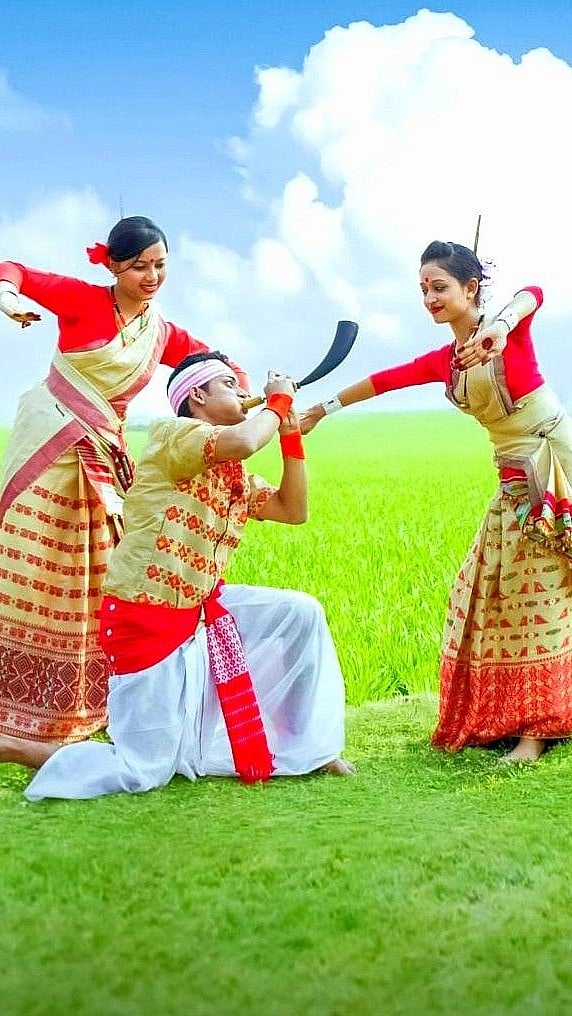Ambedkar Jayanti, also known as Bhim Jayanti, is celebrated every year on April 14 to mark the birth anniversary of Dr. Bhimrao Ramji Ambedkar, a visionary leader, social reformer, jurist, economist, and the chief architect of the Indian Constitution. In 2025, the nation will celebrate his 134th birth anniversary, remembering his invaluable contribution to India’s democracy, social justice, and equality.
Dr. Ambedkar was not only a Constitution-maker but also a tireless crusader for the rights of the oppressed and marginalised, especially the Dalits (formerly known as “untouchables”).
Early Life of Dr. B.R. Ambedkar
Dr Ambedkar was born on April 14 in 1891, in the Central Provinces (now in Madhya Pradesh). He took birth into to a Dalit (Mahar) family, which faced intense social discrimination and faced caste-based-prejudice but despite facing all the societal challenges, he pursued education with exceptional brilliance.
Ambedkar, also known as Baba Saheb Ambedkar, studied at Elphinstone College, Bombay and earned multiple degrees including: M.A. and Ph.D. from Columbia University, USA, Doctor of Science from the London School of Economics, and later, he qualified as a barrister from Gray’s Inn, London.

Dr. B.R. Ambedkar | X/ @tonybekkal
Ambedkar and the Indian Constitution
Dr. Ambedkar was appointed as the Chairman of the Drafting Committee of the Constituent Assembly in 1947. He drafted the Constitution of India, which came into effect on January 26, 1950. Dr. Ambedkar ensured that the Constitution upheld democratic principles and laid the foundation for a just and inclusive society.
Championed
Fundamental rights, social justice, secularism, and equality before the law, fought for the abolition of untouchability and caste-based discrimination, and advocated for women’s rights, labor rights, and education for all.

Social Reformer and Dalit Rights Activist
Ambedkar was a powerful voice against the caste system, which he considered inhuman and oppressive. He launched several movements:
Mahad Satyagraha (1927): Fought for Dalits’ right to access public water tanks
Temple Entry Movement: Advocated for Dalits’ right to enter temples
Burning of Manusmriti (1927): Protested against the religious text that endorsed caste-based discrimination
He also founded political and social organisations like, Bahishkrit Hitakarini Sabha (1924), Scheduled Castes Federation, and Republican Party of India.
<!– Published on: Sunday, April 13, 2025, 06:26 PM IST –>
<!–
–>










